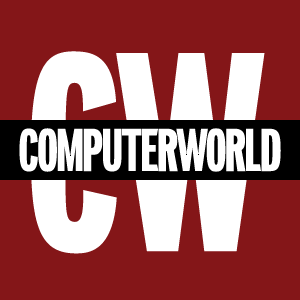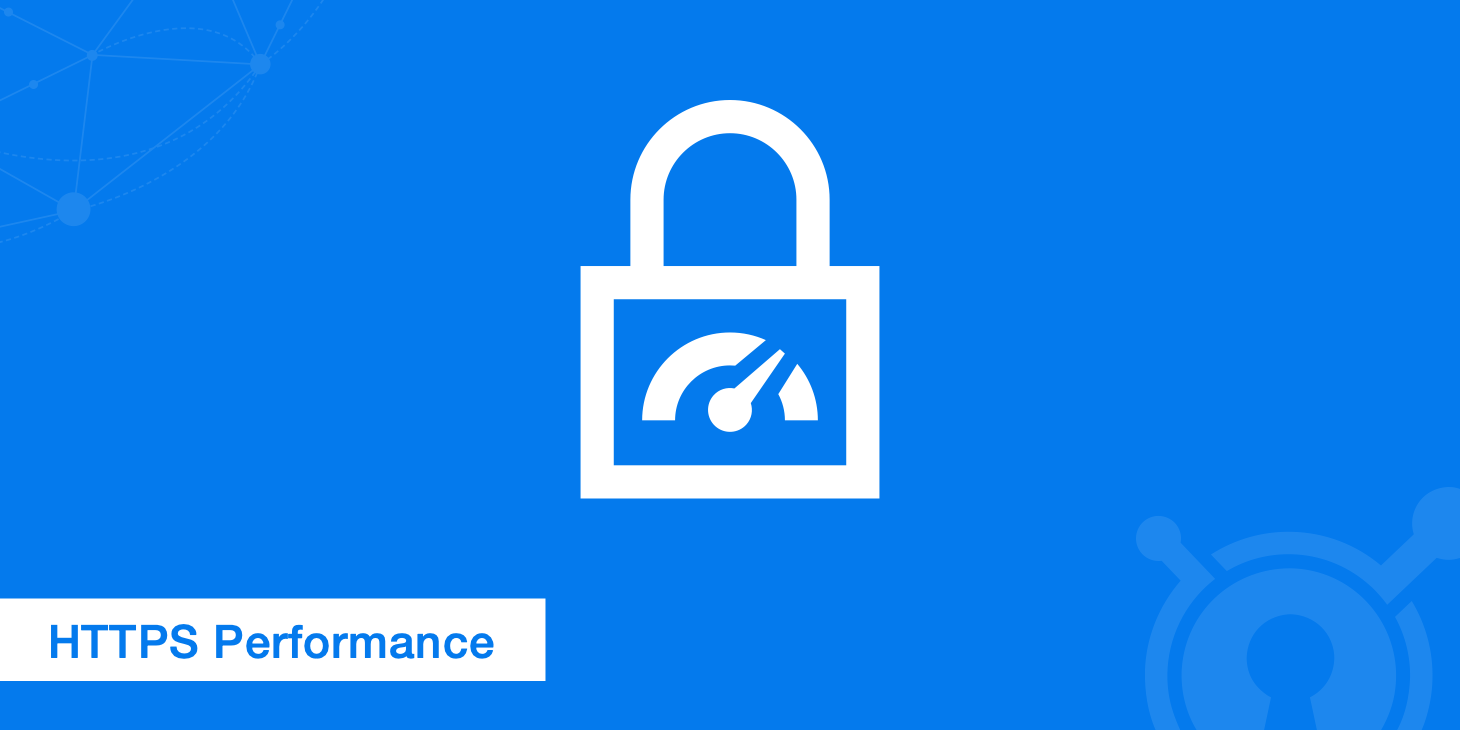Hello,
first of all sorry for my bad school english.
I have tested a few antivirus programs (Eset, Panda, F-Secure, Kaspersky) over the past few days and have realized that a lot of traffic (signature updates etc.) is downloaded via an unsecured connection (HTTP).
Can anyone explain why a security provider will still be using their software over an insecure channel in year 2020?
The only ones who worked exemplary were GDATA, Emsisoft and WD- almost all traffic is encrypted using SSL ...
Best regards,
Chakuz
first of all sorry for my bad school english.
I have tested a few antivirus programs (Eset, Panda, F-Secure, Kaspersky) over the past few days and have realized that a lot of traffic (signature updates etc.) is downloaded via an unsecured connection (HTTP).
Can anyone explain why a security provider will still be using their software over an insecure channel in year 2020?
The only ones who worked exemplary were GDATA, Emsisoft and WD- almost all traffic is encrypted using SSL ...
Best regards,
Chakuz
Last edited:





